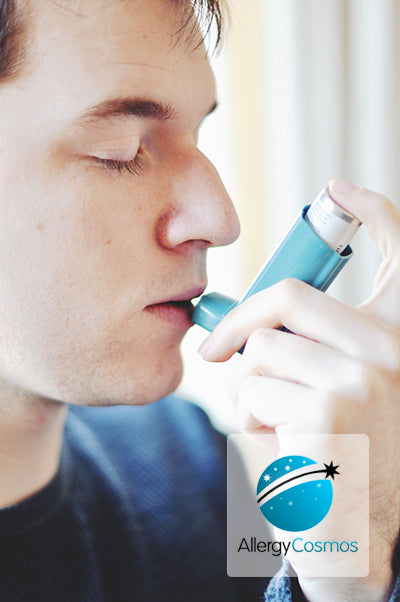It has long been known that exposure to air pollution, both indoor and outdoor, will exacerbate pre-existing asthma. But does air pollution cause asthma? That is a different question and one which is quite difficult to answer with certainty. The best evidence we have on the issue comes from the 2010 analysis from the Committee on the Medical Effects of Air Pollutants (COMEAP).
The Committee points out that the main components of concern are particulate matter, nitrogen dioxide and sulphur dioxide (outdoor pollution mainly issuing from motor vehicles). For indoor pollution, formaldehyde is the most likely culprit in causing asthma.
If exposure to air pollution were a major and independent cause of asthma, then there would be more cases of asthma in places where pollution is highest. Also, a fall in the number of cases would be expected if pollution levels fell. Neither of these predictions turns out to be so, from the data we have. For instance, the UK has one of the highest levels of asthma in the world but its levels of air pollution are far from being the worst.
But it could still be the case that air pollution does contribute, with other factors, as a cause of asthma. Looking at the evidence of urban air pollution and asthma, it does look as if there is a link between traffic-related pollution and the incidence of asthma. However, COMEAP cannot say whether the increase in asthma is due to genuinely new cases or pre-existing cases which have previously been without symptoms (and, in reality, for the person involved there is surely little difference? It also looks as if the increased risk of developing asthma may be confined to those living near busy roads, especially where these are heavily used by trucks.
Meanwhile, the Health Effects Institute has reviewed the impact of traffic-related air pollution on health and found that living close to busy roads is an independent risk factor for the onset of childhood asthma. They were cautious about this relationship actually being causal, however. They concluded that if there is a true causal effect (put simply, air pollution causes asthma, rather than being associated with it, or making it worse), then this is probably only so for a group of children who happen to be particularly susceptible to the development of asthma, presumably because of underlying genetic factors.
Further research is clearly needed. First, larger-scale and well-designed studies of the impact of both outdoor and indoor pollution on respiratory health would provide clearer answers of the role pollution plays in the development of asthma. We also need to know more about the genes involved in asthma, so that susceptible children can be identified before their health is affected. In the meantime, those with a family history of allergy might think twice before buying a house on a busy main road, for the sake of their children's health.




